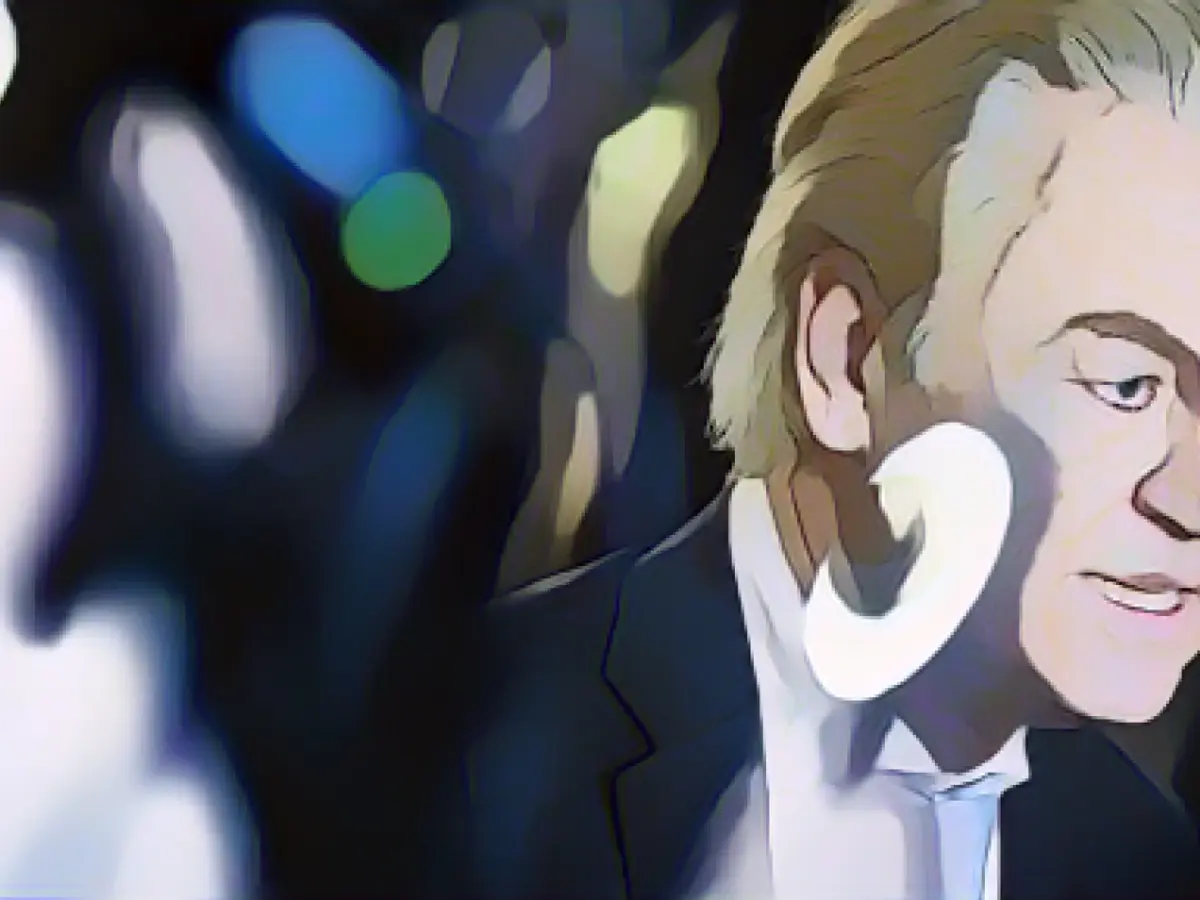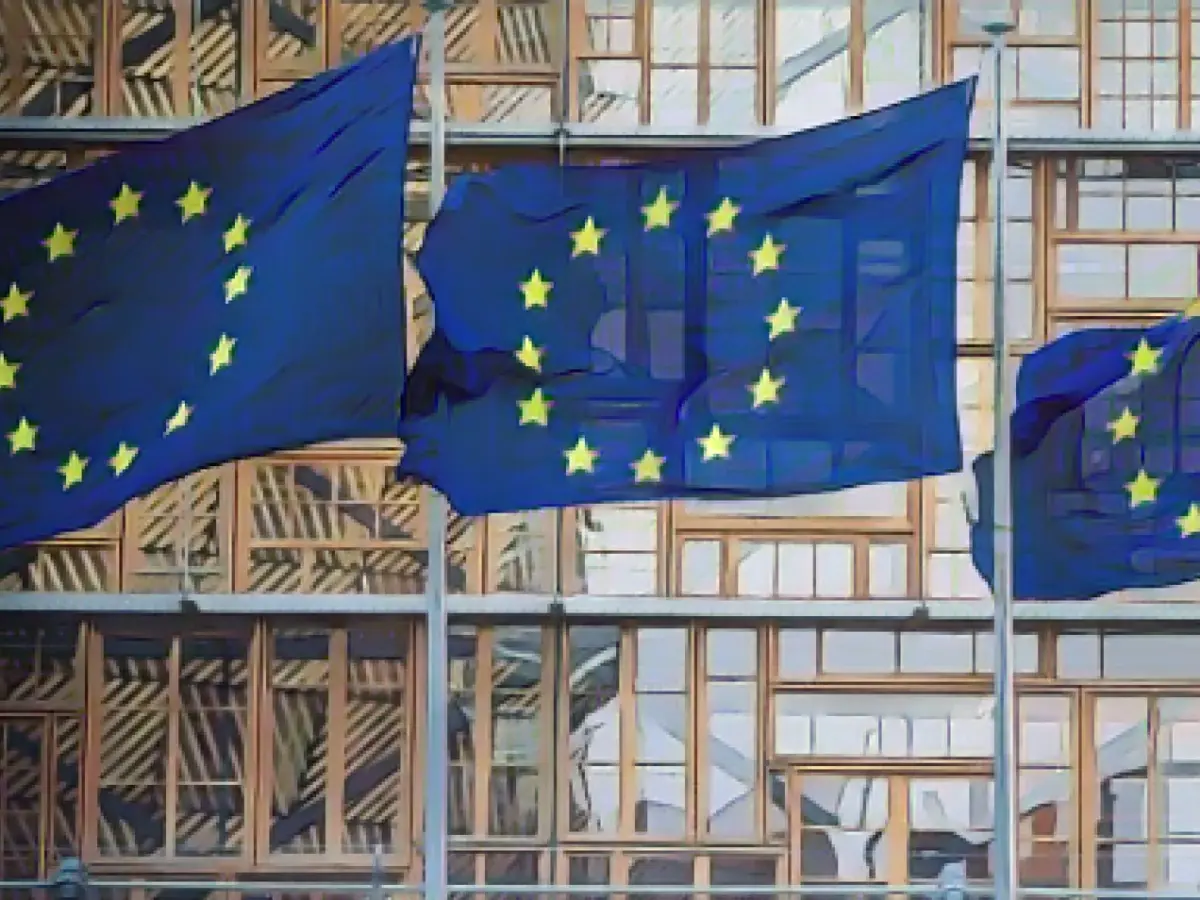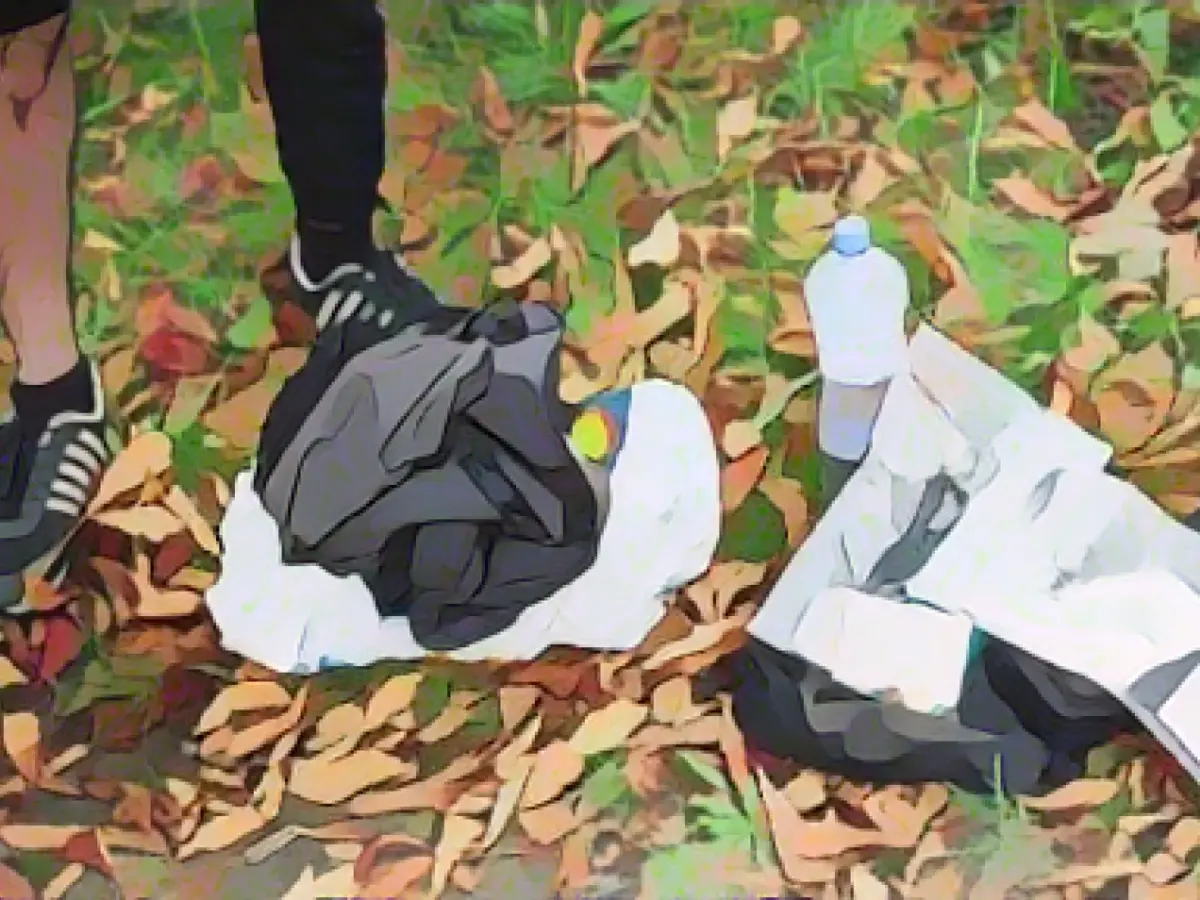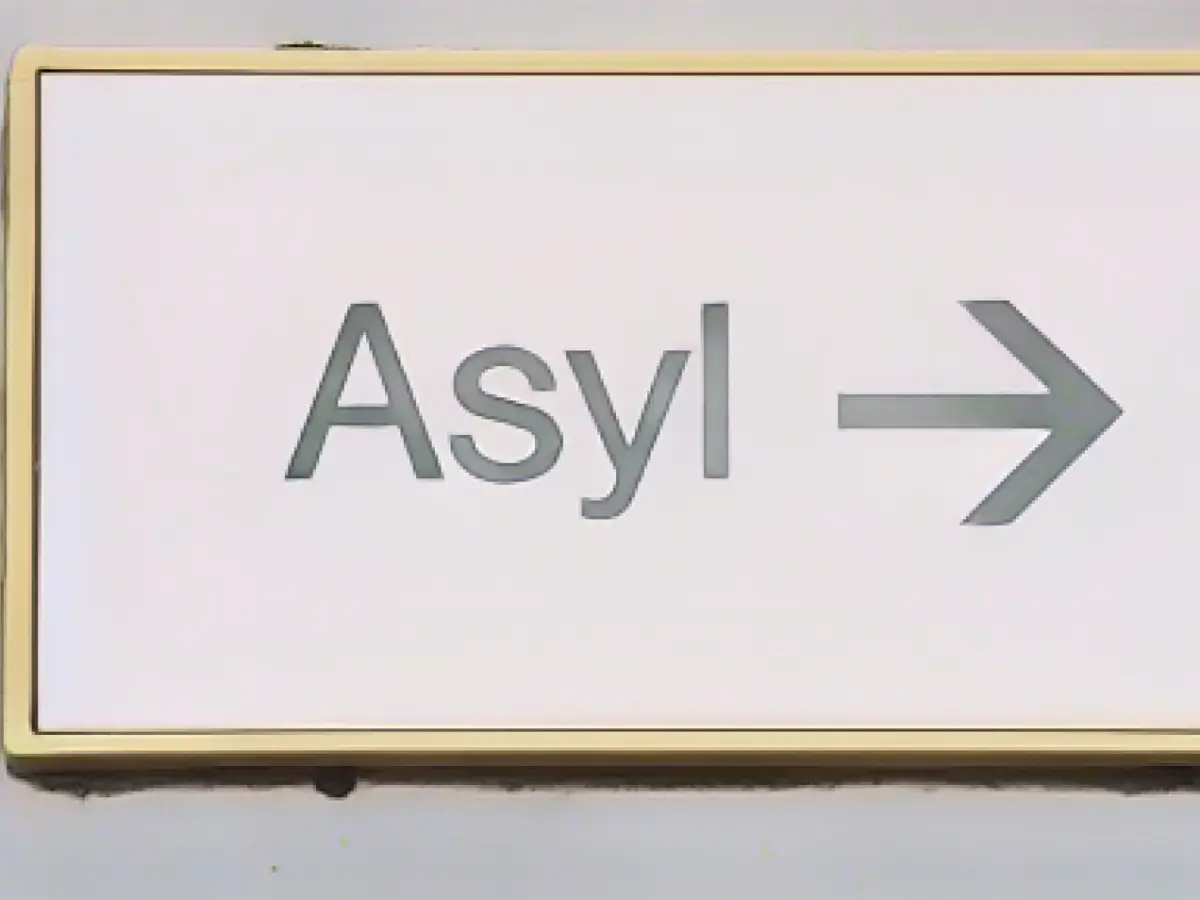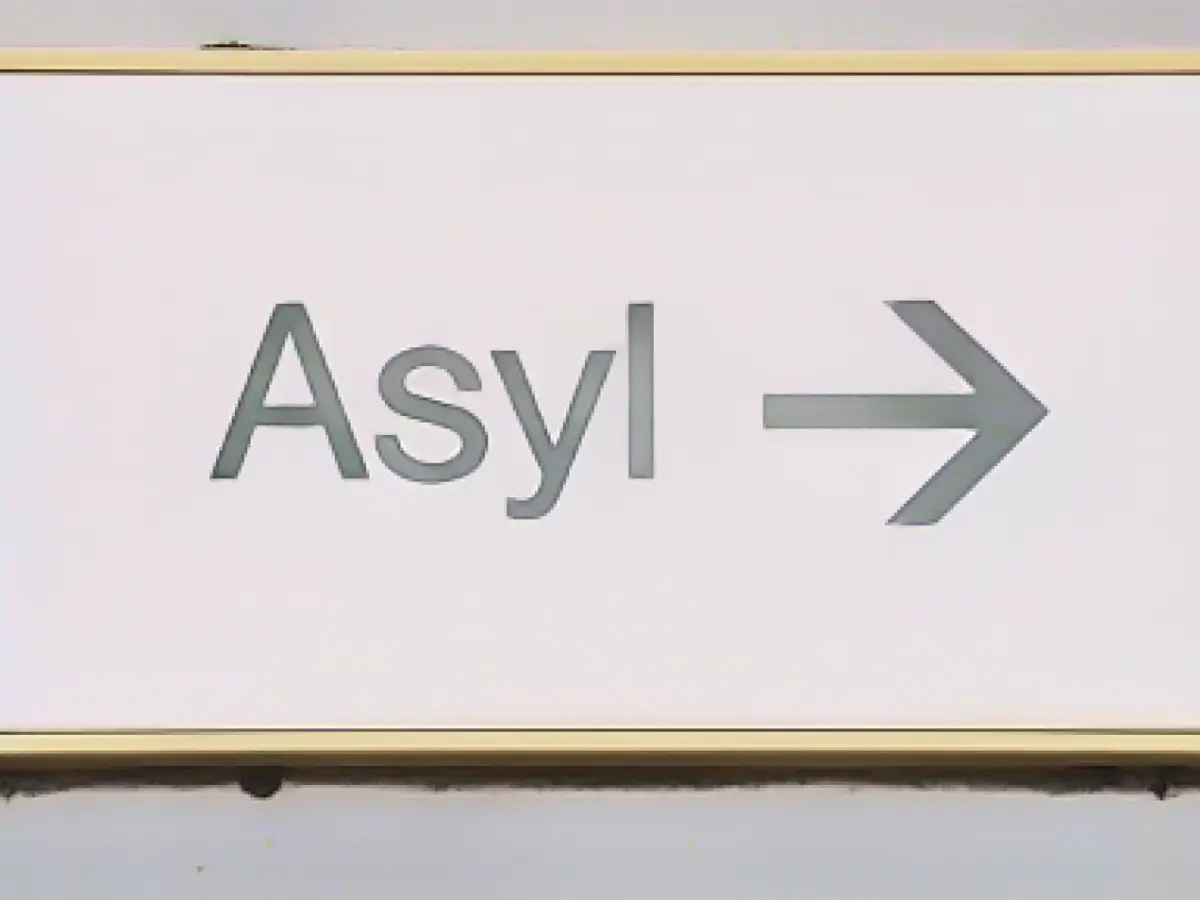Netherlands' Hunger for Right-wing Power: What's Geert Wilders' Game Plan?
Geert Wilders, the triumphant face of the Party for Freedom (PVV) from Venlo, is currently haggling with potential partners in The Hague following his resounding election victory in which the PVV secured a commanding 37 seat share in parliament. However, as parliament members take their oaths, the formation of the government is at a snail's pace, with negotiations moving slowly due to caution from all parties.
The parliamentary members sworn in today cannot kickstart the government formation as planned due to the protracted discussions. The appointed exploratory panel has announced its report will be released the following week, signaling a drawn-out, laborious process.
Mistrust Towards the Right-wing Radical
The Dutch are weary of Geert Wilders, a 60-year-old, far-right politician who has a reputation for controversial stances. With many doubts about Wilders' ability to form a government, along with questions about his true intentions, the conversation around the formation of government remains stagnant.
Possible Scenarios: A Right-wing Alliance or a Minority Government
There are two potential avenues for the PVV to govern.
Option 1 - Governing Right-wing Alliance
Wilders suggests partnering with the right-wing liberal VVD party, led by Dilan Yesilgöz, the outgoing Prime Minister's party, as well as the newly formed center-right party New Social Contract (NSC) and the smaller right-wing populist Farmer Citizen Movement (BBB). This coalition would result in the most right-wing government in Dutch history, as polls indicate strong public support. This alliance, however, faces challenges in its implementation.
Wilders wants to ensure a lower number of asylum seekers, promising his voters more public funds, less taxation, and lower costs for shopping and health insurance. These demands would require large budgetary investments, yet his potential partners are reluctant to add to the national debt.
The VVD, nonetheless, dithers on committing to a right-wing alliance. Dilan Yesilgöz has her reservations and voices her hesitation, asserting that her party must now exercise caution due to the substantial losses endured during the elections.
Option 2 - Tolerating a Minority Government
The VVD leader would agree to tolerate a minority government led by Geert Wilders, representing a compromise between the PVV and the VVD. This political arrangement, known as the "wash your hands but don't get them dirty," allows the VVD to maintain some level of influence without becoming part of government.
Wilders views this as a setback, but he remains optimistic and refuses to concede defeat. He has described the Netherlands as a country requiring a unified front to be governed, stating that negotiations for the formation will be deliberated later.
Even with this setback, preeminent concerns are raised regarding the legitimacy of such a coalition. The NSC, eager to uphold democratic rule, has demanded that Wilders set aside all points in his party program that infringe upon the rule of law and constitution ahead of negotiations.
Wilders has already made a few pledges, such as shelving his controversial crusade against Islam. However, these concessions are not enough to satisfy the NSC, which is demanding further guarantees and unwavering commitment to democratic principles, staking their position on protecting the rule of law and upholding EU membership, climate protection, and aid for Ukraine.
The Ambiguous Peak of Wilders' Career
As Wilders strives to navigate this tumultuous political minefield, he faces significant challenges: satisfying his voters while still being amenable to the wishes of his potential partners. The charismatic yet volatile Wilders is displaying a new level of pragmatism, hinting at a willingness to compromise.
The man with the signature platinum blonde hair has switched rhetorical gears, guaranteeing he wants to serve all Dutch citizens and promoting unity. However, this veneer of positive subterfuge is wafer-thin, as he continues to berate critics and make derogatory remarks.
Wilders recently went on a provocative tour, stoking the flames of resentment among Dutch citizens opposed to refugee integration in the country. Such actions strain the relationship between the PVV and its potential partners.
The Strong, Independent Leader of the PVV
Struggles with trust afflict Wilders, the powerful leader of the PVV and the party's single official member. Fearing dissent or party dissolution, Wilders maintains total control over his parliamentary group. However, if Wilders ascends to the Prime Minister’s office, his grip on the party may loosen, potentially leading to turmoil.
The Unthinkable: Fresh Elections?
Although a grand coalition and fresh elections remain unlikely, the political landscape in The Hague remains an intriguing enigma.
Enrichment Data
- The Dutch government, consisting of the PVV, VVD, NSC, and BBB, is working on a draft law to tighten asylum regulations, which has raised concerns with EU authorities.
- Geert Wilders has suggested invoking a nationwide state of emergency to pass stricter asylum measures without parliamentary approval, though this proposal has been met with opposition from other political parties.
- The Dutch Council of State has criticized the proposed asylum law changes, stating they lack depth and coherence, and are highly unlikely to reduce asylum applications.
References:
